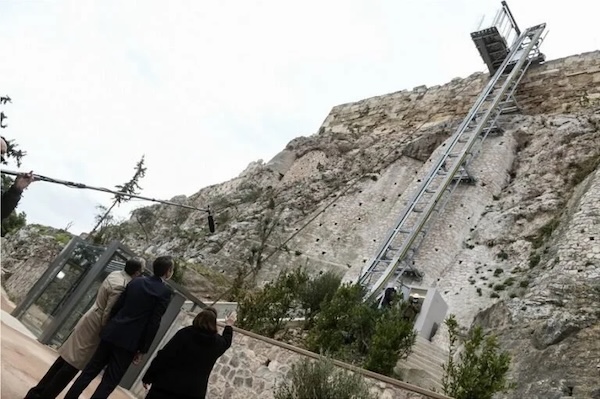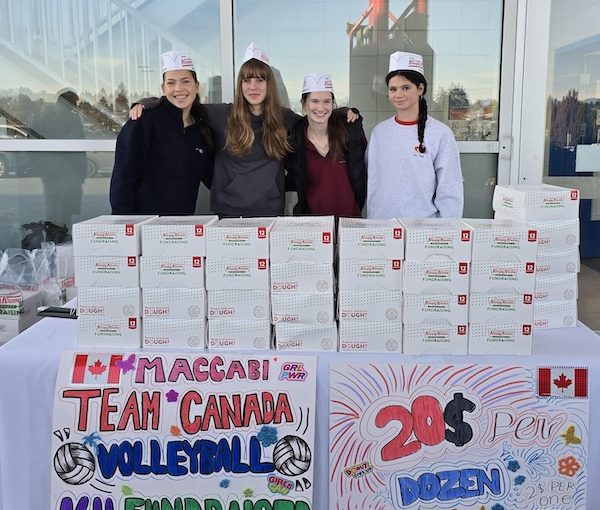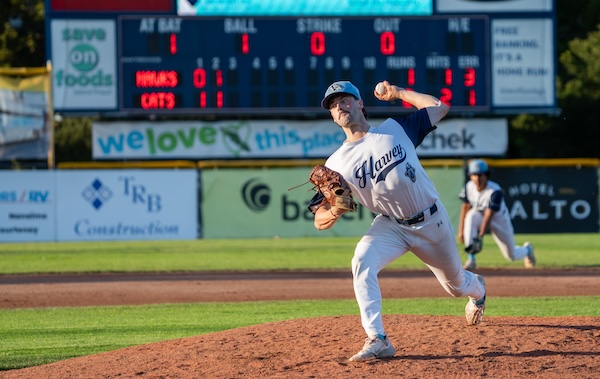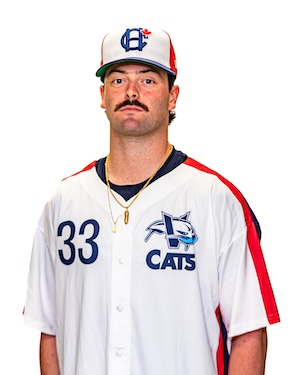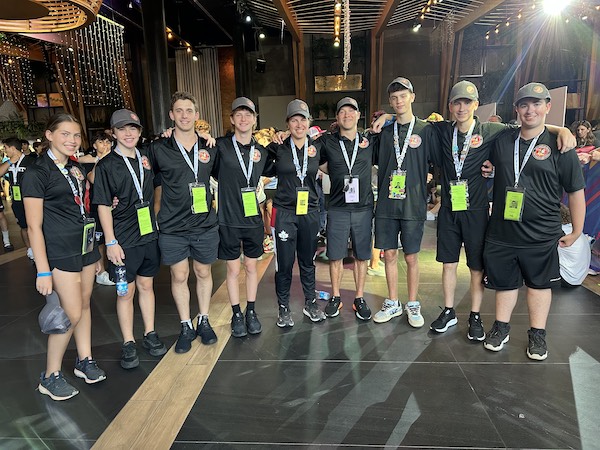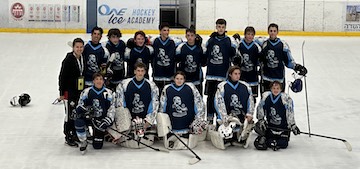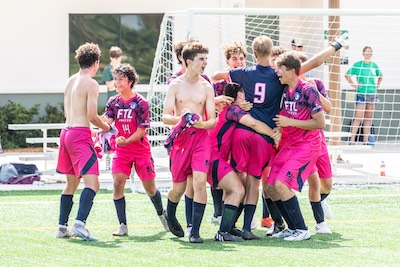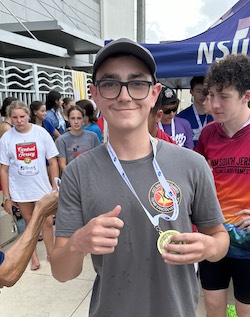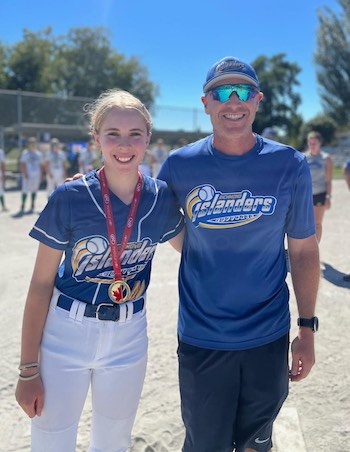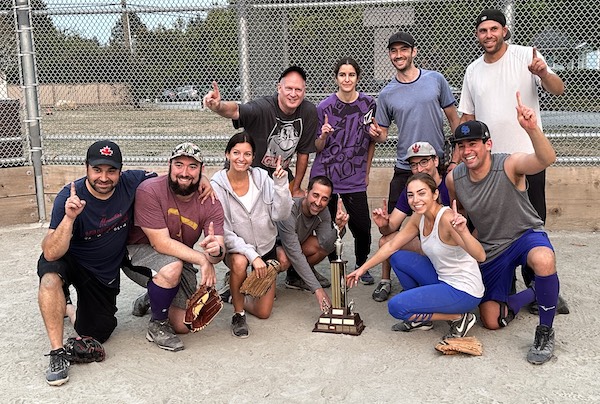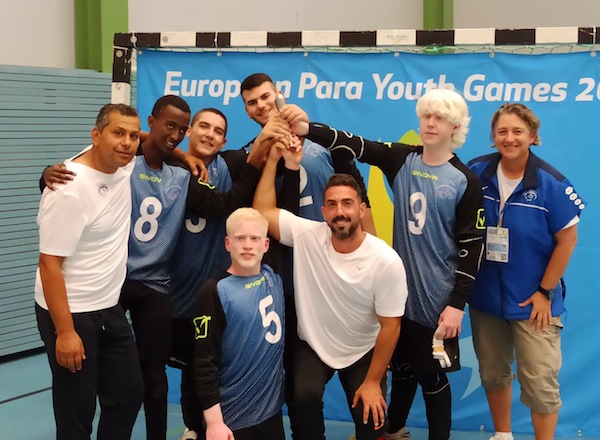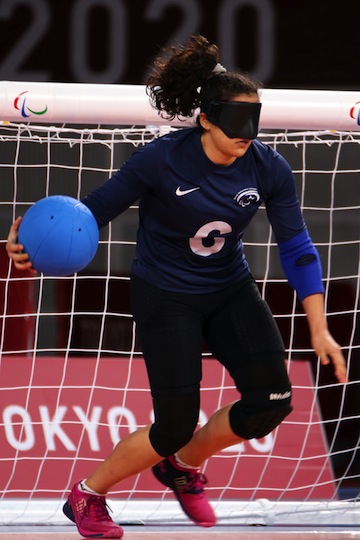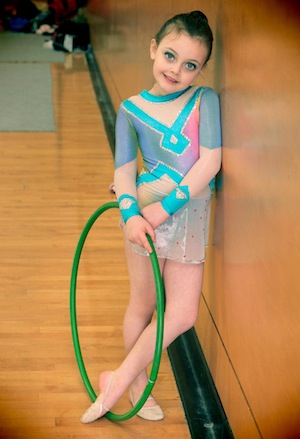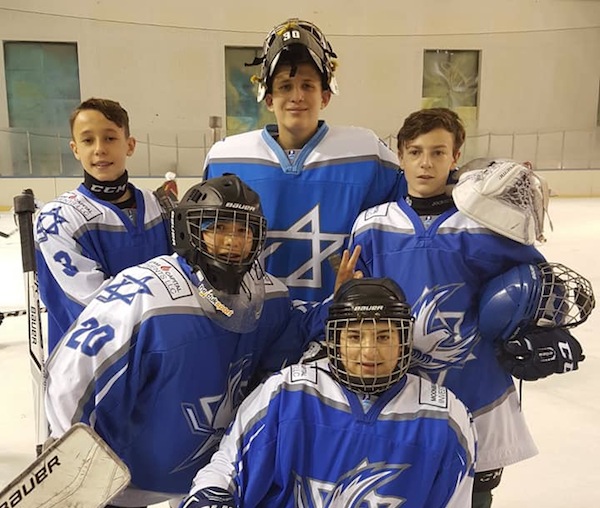Before the 2004 Summer Paralympic Games in Athens, Greece, organizers installed an elevator in the Acropolis. (photo from greecehighdefinition.com)
What does sports have to do with human rights? This was the question posed by Vancouver Jewish community leader Zena Simces as she and her spouse Simon Rabkin launched the seventh annual Simces and Rabkin Family Dialogue on Human Rights Oct. 23 in a national online event.
There is evidence of discrimination and exclusion, racism, sexism, ableism, athlete exploitation and maltreatment, labour rights violations, sex eligibility and gender identity issues and safety concerns in sport, Simces said. There are also funding issues, such as the high cost of participation in sport, including at the community level.
Sport is about more than just an active and healthy lifestyle, Simces noted, though it is about that, too.
“It can help to address social isolation and loneliness, which have been identified as major health concerns, not only for older adults, but also for children and youth,” she said. “Sports can be democratic, as it invites everyone to belong and contribute to strengthening and building community, but there is a dark side.”
The dialogue was moderated by Wendy MacGregor, a consultant, educator and lawyer who is the founder and executive director of Athlete Zone, a nonprofit that provides Canadians with support, guidance and education in the pursuit of healthy sports environments.
“Unfortunately, with all those wonderful attributes that sports brings, it is not accessible to everyone worldwide and not even to all Canadians,” said MacGregor. She cited statistics indicating that youth participation numbers “are dropping off a cliff and especially girls are dropping out of sport.”
Some of the reasons for this include increased costs, travel time, difficulty of access to facilities, discrimination, maltreatment or abuse in sport and the increased commercialization of sport.
Panelist Bryan Heal, the social impact research lead at Maple Leaf Sports and Entertainment, spoke about a program his organization is involved with, called Change the Game, which advances youth access, equity and outcomes through sport.
Change the Game has engaged more than 25,000 young people around Ontario, he said, addressing factors of race, gender, ability, household income, geography and other factors around access and barriers.
More than 80% of young people who have participated in the program, he said, have experienced themselves or are aware of a problem in these areas but do not feel like they have anyone that they can talk to about it.
“There’s a culture and strategy of silence that is employed by default,” said Heal. “In a team environment, it can be incredibly isolating and deflating when you’re harbouring something like that. It draws people away to other sports, sometimes to leaving sports entirely.”
Jeff Adams, a lawyer specializing in labour, employment and human rights issues, is a decorated Paralympian, having won three gold medals in wheelchair races.
Accommodating different needs is fundamental and, too often, he said, excuses are made, such as the argument that sports facilities are often in buildings that are too old to be made fully accessible.
Before the 2004 Summer Paralympic Games in Athens, Greece, organizers installed an elevator in the Acropolis. “You want to talk about the most historically relevant building in the world,” he said. “It’s the cradle of civilization, and they put an elevator in it.”
An attitude exists that basic Canadian laws, embodied in the Charter of Rights and Freedoms, do not apply to the playing field, he argued.
“We are not applying the fundamental supreme law of Canada to athletes who are bleeding for their country in competition,” Adams said. “We have laws that work. We have anti-violence and harassment legislation baked into labour and employment laws.”
Amreen Kadwa, founder and executive director of Hijabi Ballers, a Toronto nonprofit creating positive experiences in sport for Muslim girls and women, said her group’s programs provide more than just access to sport.
“They create safe, culturally affirming spaces where women can play without judgment,” she said. “They can learn new skills, they can grow in their confidence and, beyond sport, we nurture leadership. It really is human rights in action.”
Female athletes face far more violence and discrimination in sport than their male counterparts, Kadwa said.
“But this number is even higher for racialized women,” she said. “Muslim women, a lot of them who are hijab-wearing Muslim women, are often seen as outsiders, whether through their outfits, their clothing, the stereotype, a lack of cultural understanding.”
The annual dialogue event is a partnership with the Canadian Museum for Human Rights and Equitas, an international centre for human rights education.

